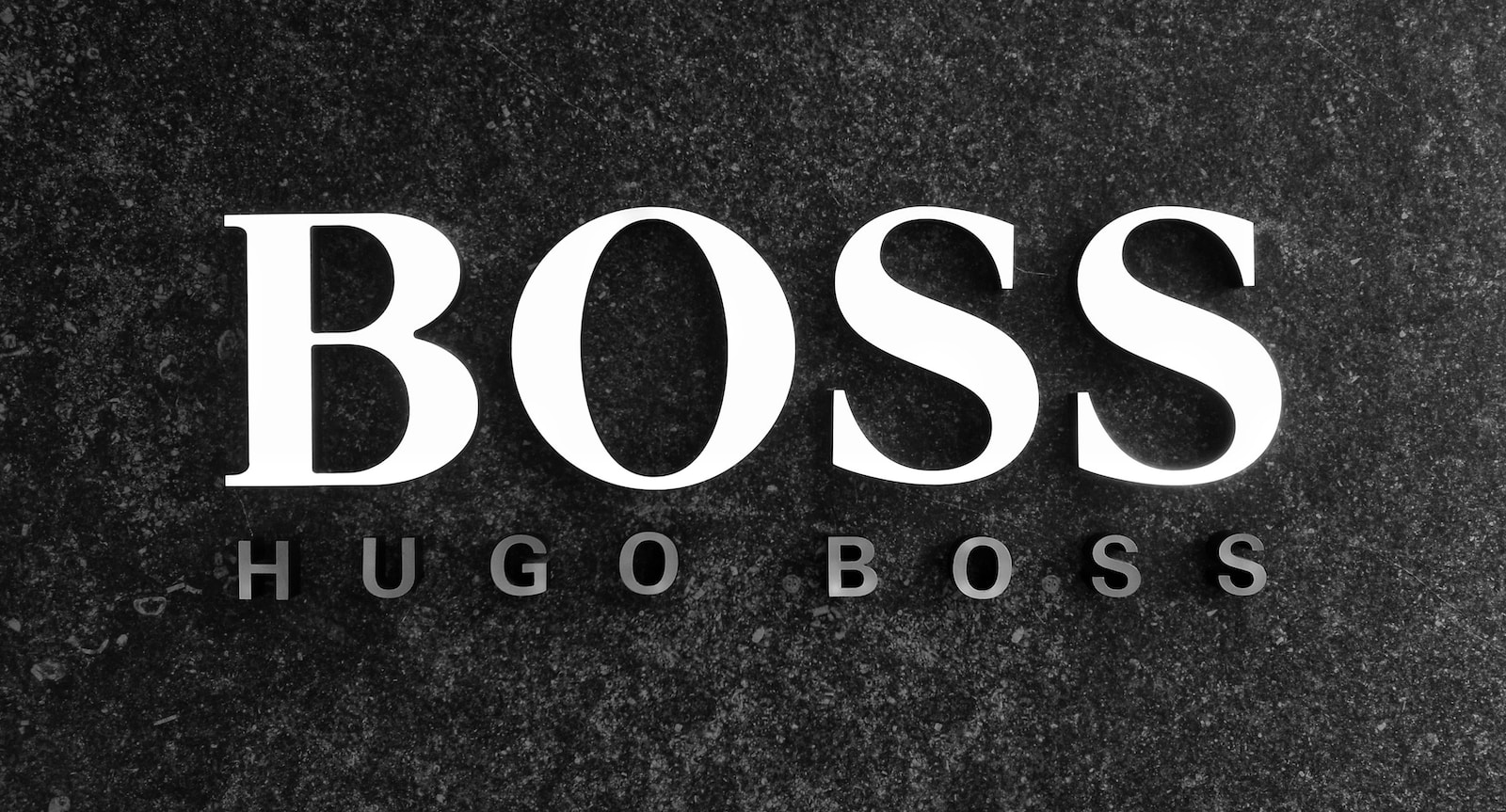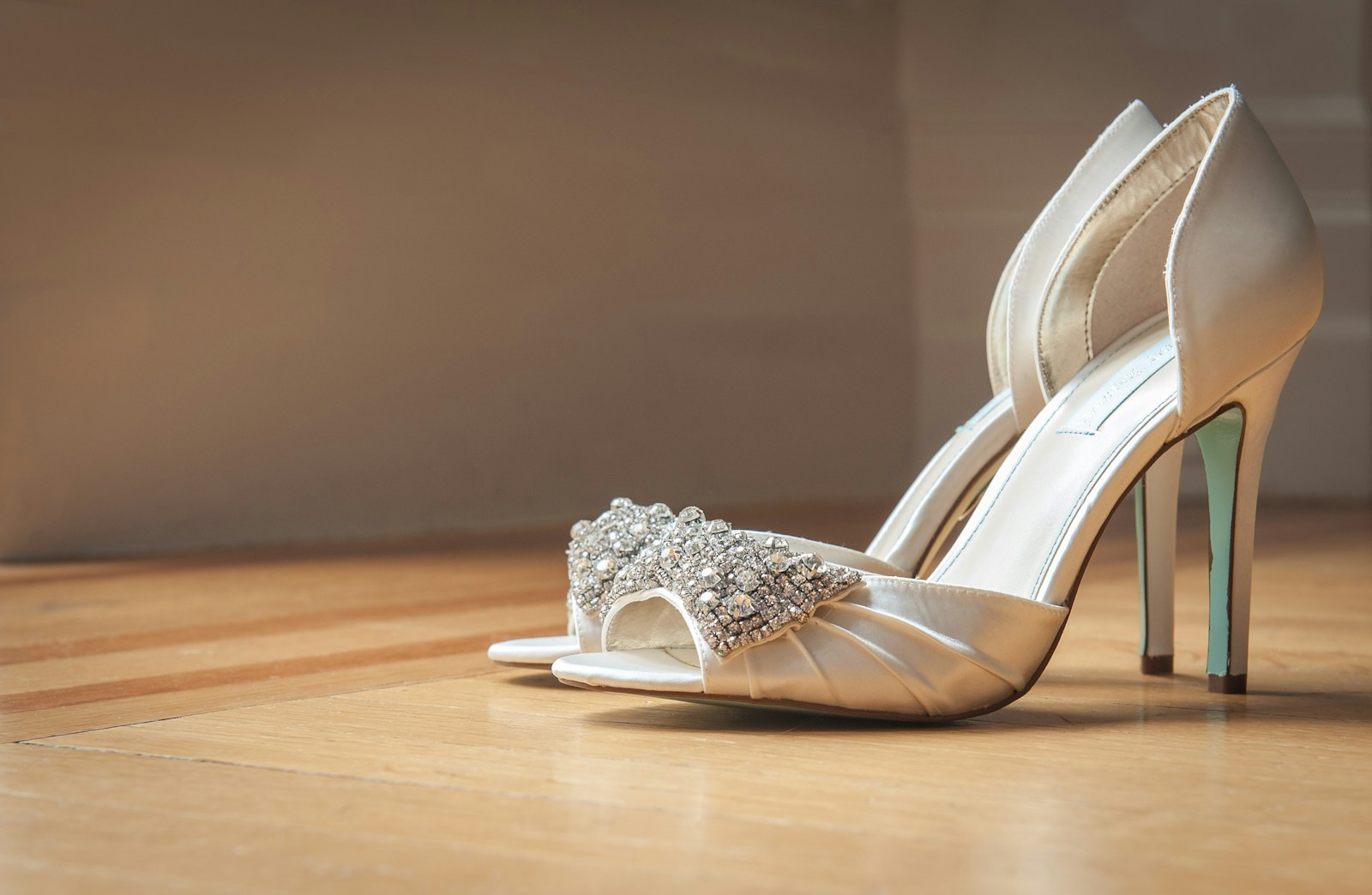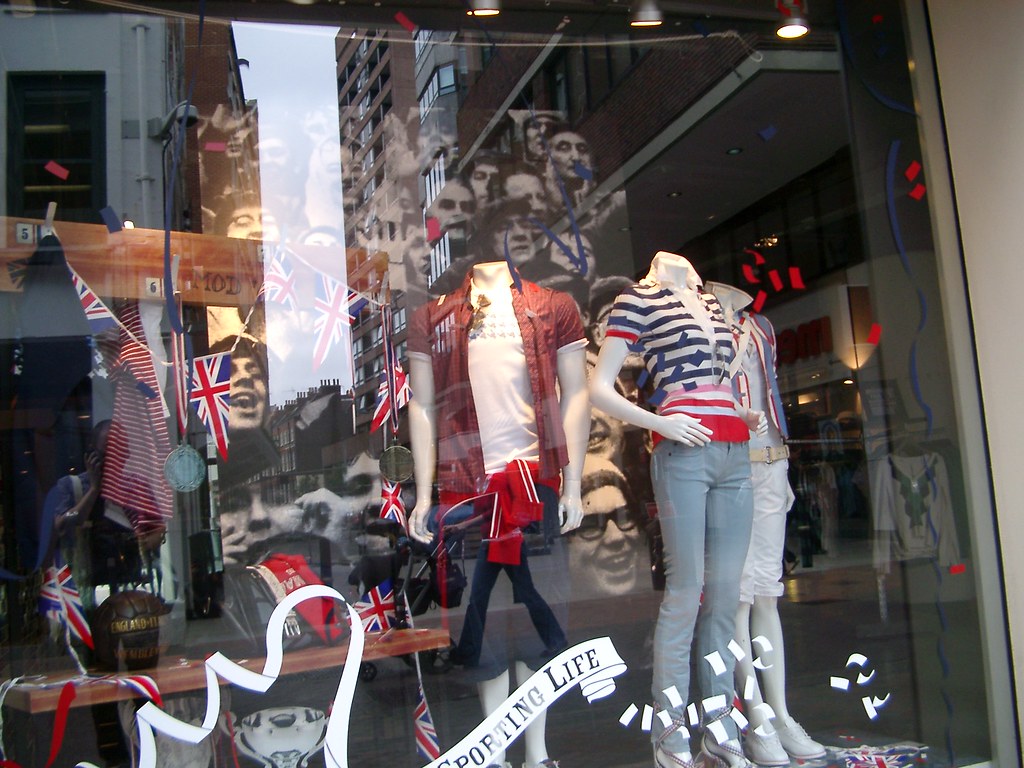When it comes to luxury fashion, the name Hugo Boss often comes to mind. As one of the largest German clothing companies, the brand has a rich history and a strong presence in the fashion industry. However, some may still wonder, “Is Hugo Boss a designer brand?” In this blog post, we will delve deep into the world of Hugo Boss, analyzing the brand’s products, history, and reputation to answer this burning question.
Brief History of Hugo Boss
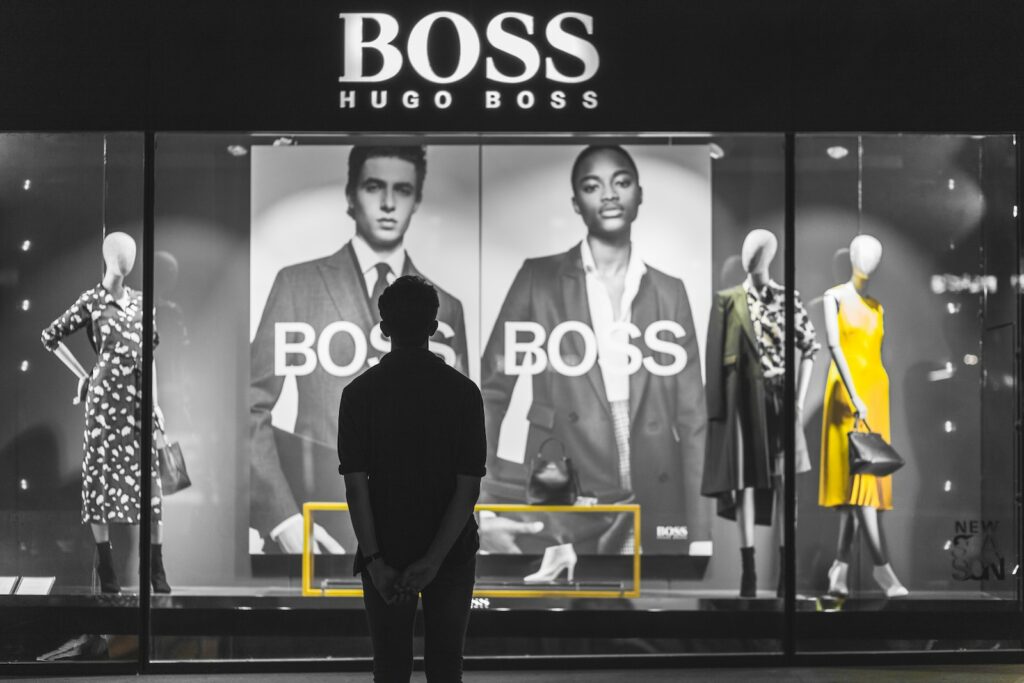
The story of Hugo Boss began in 1924 when Hugo Ferdinand Boss started the clothing company in Metzingen, Germany. Initially, the company produced work uniforms and ready-made suits, but after the Second World War, it shifted towards producing fine menswear. The company received a significant boost in the 1970s when Eugen Holy’s sons took over and started modernizing the brand, introducing the now-iconic Hugo Boss logo and expanding the product range to include sophisticated designs, shoes, and leather goods.
Today, Hugo Boss AG is a multinational corporation that sells clothing, footwear, fragrances, and accessories for men and women under the brands Boss and Hugo. The company operates through a three-brand strategy, with Boss being the premium brand, Hugo catering to younger customers, and Boss Orange offering sportswear and casualwear.
What Constitutes a Designer Brand?
To understand whether Hugo Boss is a designer brand, we first need to define what constitutes a designer brand in the fashion industry. Generally, designer brands share the following characteristics:
1. High quality materials and craftsmanship: Designer brands use premium materials and employ skilled artisans to produce their products, ensuring top-notch quality and durability.
2. Unique and innovative designs: Designer brands are known for their cutting-edge, fashion-forward designs that set them apart from mainstream fashion.
3. Premium pricing: Designer products typically come with a high price tag, reflecting the quality of materials and craftsmanship involved.
4. Exclusive distribution channels: Designer brands often have limited distribution, selling their products through exclusive brand stores, high-end department stores, or their online store.
5. Strong brand identity and recognition: Designer brands have a distinct brand image and are easily recognized by their logos, designs, and marketing campaigns.
Analyzing Hugo Boss as a Designer Brand
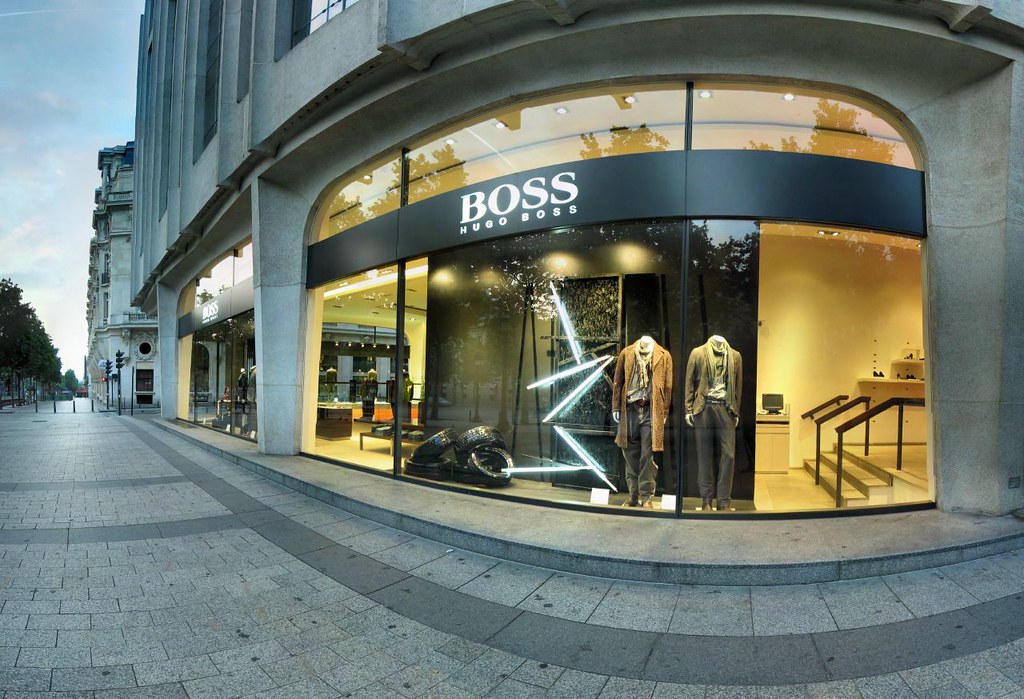
Now that we have defined the characteristics of a designer brand, let’s analyze Hugo Boss based on these criteria.
1. Quality of materials and craftsmanship
Hugo Boss is renowned for its use of high-quality materials and excellent craftsmanship. The brand’s products, such as Hugo Boss suits, Hugo Boss shirts, and Hugo Boss clothing in general, are made from premium fabrics and are carefully constructed to ensure durability and comfort. The company’s commitment to quality extends to its footwear, accessories, and leather goods. This emphasis on quality materials and craftsmanship aligns with what one would expect from a designer brand.
2. Unique and innovative designs
Hugo Boss is known for its sophisticated and innovative designs. The brand’s clothing ranges from elegant suits and dresses to stylish casual wear, all characterized by sharp tailoring, attention to detail, and a modern aesthetic. The brand has also collaborated with other designers and artists to create unique capsule collections, such as the recent vegan men’s suit in partnership with designer Stella McCartney. This commitment to innovation and unique design places Hugo Boss in the realm of designer brands.
3. Premium pricing
As a luxury brand, Hugo Boss products come with a premium price tag. While not as expensive as some high-end designer brands like Gucci or Prada, Hugo Boss clothing and accessories are priced higher than mainstream fashion brands such as Tommy Hilfiger and Ralph Lauren. This premium pricing reflects the quality and exclusivity associated with designer brands.
4. Exclusive distribution channels
Hugo Boss products are sold through a network of exclusive Hugo Boss stores, high-end department stores, and the brand’s online store. This selective distribution strategy ensures that the brand maintains its premium image and aligns with the exclusivity expected from a designer brand.
5. Strong brand identity and recognition
Hugo Boss has a strong brand identity, easily recognized by its logo and sophisticated designs. The brand’s marketing campaigns and celebrity endorsements, featuring stars like Hailey Bieber and Khaby Lame, further solidify its position as a leading fashion brand. This strong brand recognition is a key characteristic of designer brands.
- 13 pieces for all of your grooming needs: Beard and stubble trimming and maintenance, precision trimmer allows exact placement for sharp lines, nose and ear trimmer taking care of unwanted hairs
- Self-sharpening steel blades remain sharp as day one for long lasting performance, no blade oil required.
- Easily clean blades and guards by detaching from handle and rinsing under water
- Unlike competition, no blade oil needed to maintain high quality performance
- Powerful battery delivers up to 60 minutes of run time.
- The grease found as you remove the trimmer head is there to ensure consistent trimming performance over time, so youll have a trim thats as smooth as day one.
The Debate Surrounding Hugo Boss as a Designer Brand
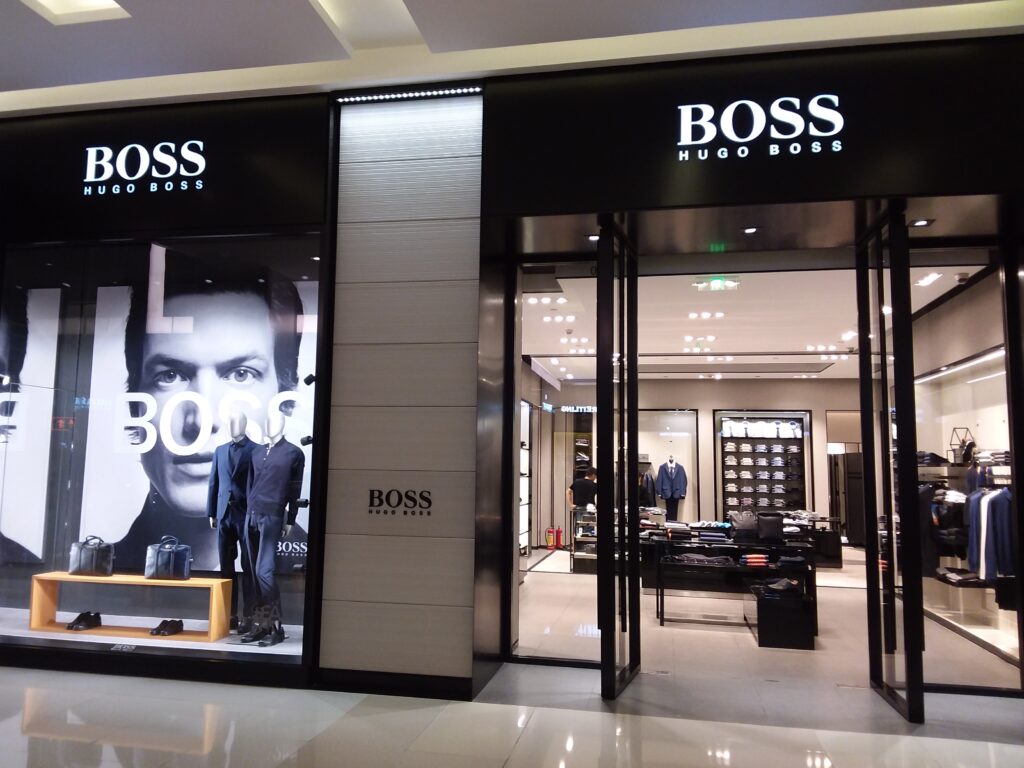
Despite the evidence supporting the notion that Hugo Boss is a designer brand, there is still some debate surrounding its status in the fashion world. Some argue that the brand’s relatively lower prices and broader product range make it more of a premium brand than a true designer brand. Additionally, Hugo Boss’s association with the Nazi Party during World War II and its production of uniforms for the National Socialism movement have led some to question the brand’s designer status.
On the other hand, proponents of Hugo Boss as a designer brand point to its commitment to quality, innovation, and exclusivity. They argue that the brand’s history should not overshadow its accomplishments in the fashion industry and its position as a leading luxury brand.
Influential Factors on Public Perception
Several factors influence public perception of Hugo Boss as a designer brand, including:
1. Marketing and advertising campaigns: Hugo Boss’s marketing campaigns, featuring high-profile celebrities and models, help to solidify its image as a luxury fashion brand.
2. Media coverage and reviews: Positive media coverage of Hugo Boss products, fashion shows, and industry events also contribute to the brand’s reputation as a designer brand.
3. Word of mouth and personal experiences: Customers who have had positive experiences with Hugo Boss clothing and accessories are likely to share their opinions, further reinforcing the brand’s designer status.
Final Thoughts: Is Hugo Boss a Designer Brand?
In conclusion, the evidence strongly suggests that Hugo Boss is indeed a designer brand. The brand’s commitment to quality, innovation, and exclusivity, along with its strong brand recognition and premium pricing, align with the characteristics of designer brands. While there may be some debate surrounding its status, personal preferences and tastes ultimately determine whether one considers Hugo Boss a true designer brand.
The fashion industry is constantly evolving, and the definition of a designer brand may shift over time. However, one thing is certain: Hugo Boss has firmly established itself as a leading luxury brand, offering high-quality, stylish products that cater to the discerning tastes of its customers.
Other suggested articles:
